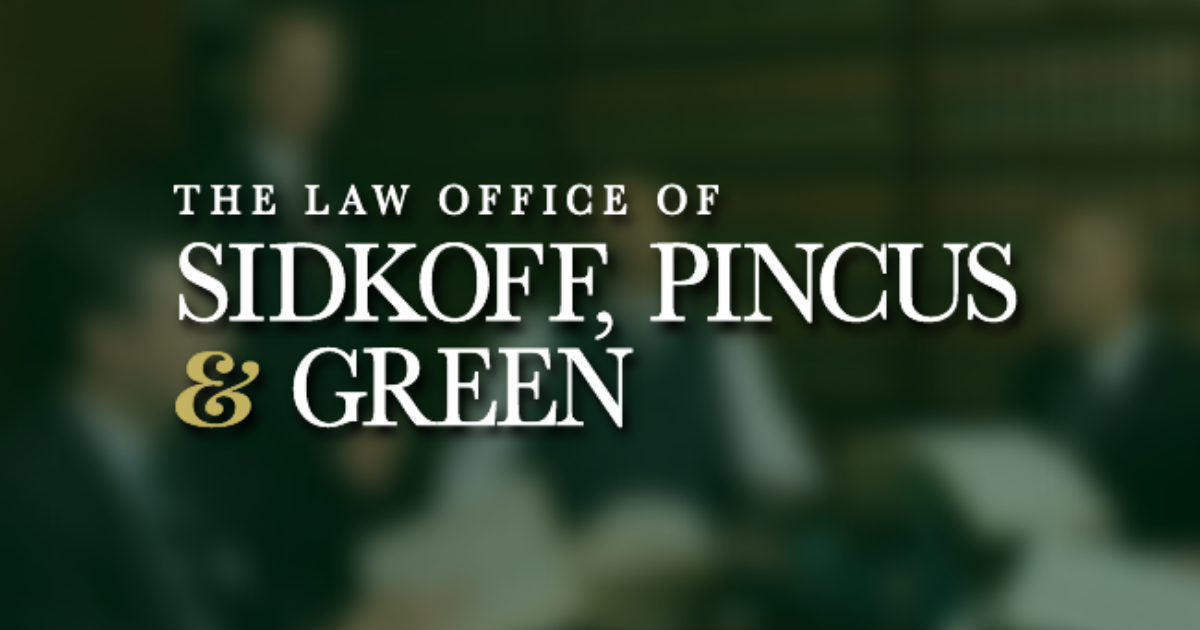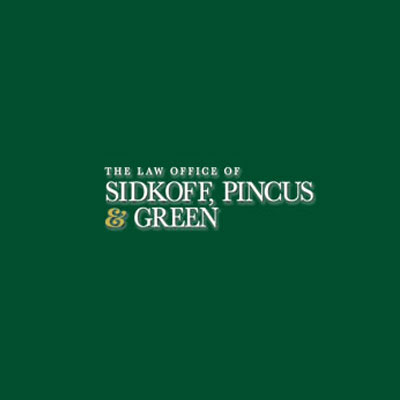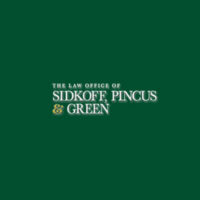Pennsylvania Democrats Urge Lawmakers to Allow Student Athletes to Receive Endorsement Money

Student-athletes receive thousands of dollars in scholarship money. In fact, some students receive full scholarships for all four years of college. Yet, until recently, college athletes were prohibited from accepting compensation through lucrative endorsement deals. The governor of California recently signed legislation that will allow college athletes to receive endorsement money while maintaining their status as an amateur athlete. Democrats from Pennsylvania are hoping to follow suit and provide the same opportunity to college athletes in Pennsylvania.
According to Pennsylvania Democratic State Representatives, colleges and universities get recognition for their star athletes. These students should be compensated for their contribution, particularly when their name, image, and likeness is used. Governor Tom Wolf is open to having a conversation with the General Assembly about how to improve the system for student athletes, including those who may have endorsement opportunities.
New Legislation Would Level the Playing Field
One Representative argued in favor of the legislation, pointing out that college coaches can make millions of dollars for coaching student athletes, and corporations make billions of dollars using names and faces of popular athletes. Most college athletes do not go on to become highly paid professional athletes, so it is only fair that they are financially compensated for the athletic contribution they are making to the college or university.
Pennsylvania is one of four other states that has modeled the legislation after the California law. The NCAA opposed the California law, saying that it should have the opportunity to develop a national strategy for handling compensation for student athletes. The NCAA also released a statement saying that, with over 1,100 campuses and close to half a million student-athletes across the country, it is not possible to provide a fair and level playing field when each state has different laws related to compensating student athletes.
The Representatives have been monitoring the controversy for several years and will continue to track it. They hope it attracts support from both sides of the isle, but it is unclear at this point which committee the legislation will be assigned to as it may take time for the bill to gain traction.
Philadelphia Business Lawyers at Sidkoff, Pincus & Green P.C. Assist Clients with Endorsement Issues
If you are a student athlete, and you believe you are entitled to compensation from endorsement deals or other potentially lucrative contracts, contact the Philadelphia business lawyers at Sidkoff, Pincus & Green P.C. today. If legislation is passed that allows college athletes to be compensated, we will secure the maximum financial compensation you deserve. To schedule a confidential consultation, call us today at 215-574-0600 or contact us online. Located in Philadelphia, we serve clients throughout Pennsylvania and New Jersey.















 In 2011, physician George R. Bousamra sued Excela Health for
In 2011, physician George R. Bousamra sued Excela Health for  Pharmaceutical giant, Merck, is being sued by a woman who was in the process of being hired by the company. She was given employment information and was offered a job over the phone by a Merck recruiter. After receiving the offer of employment in the mail, she quit her job at Crown Bioscience and made a down payment for a townhouse that was closer to Merck. The offer was later rescinded by Merck because the woman’s temporary visa expires in 2020, which means the company would have to sponsor her during the application process. Although her
Pharmaceutical giant, Merck, is being sued by a woman who was in the process of being hired by the company. She was given employment information and was offered a job over the phone by a Merck recruiter. After receiving the offer of employment in the mail, she quit her job at Crown Bioscience and made a down payment for a townhouse that was closer to Merck. The offer was later rescinded by Merck because the woman’s temporary visa expires in 2020, which means the company would have to sponsor her during the application process. Although her 